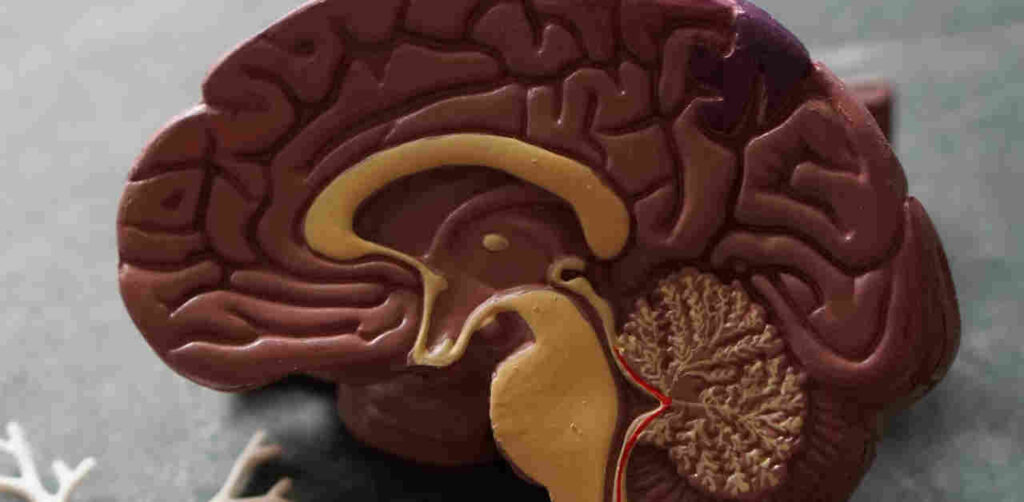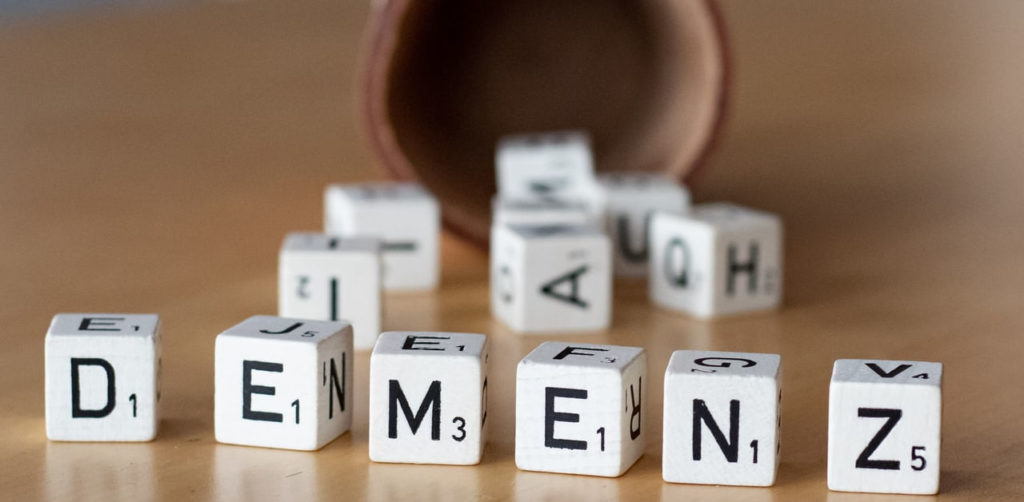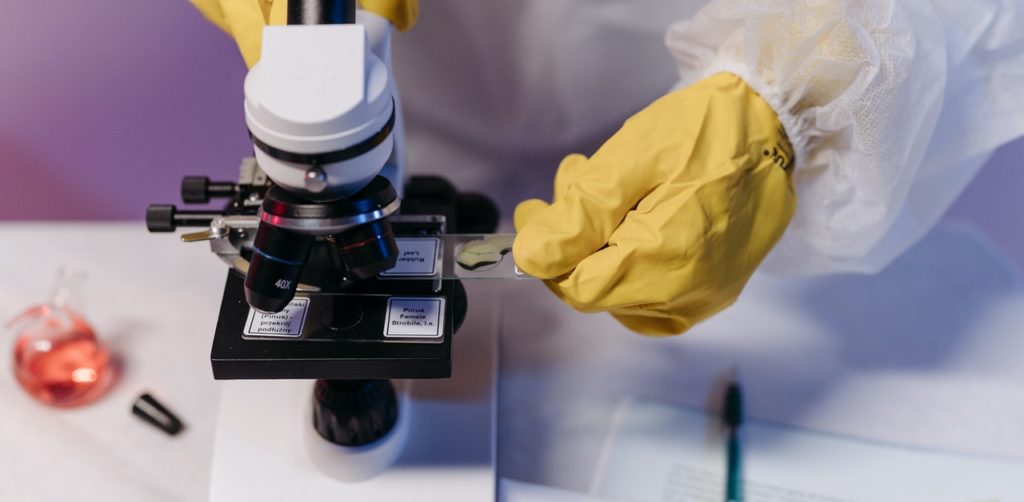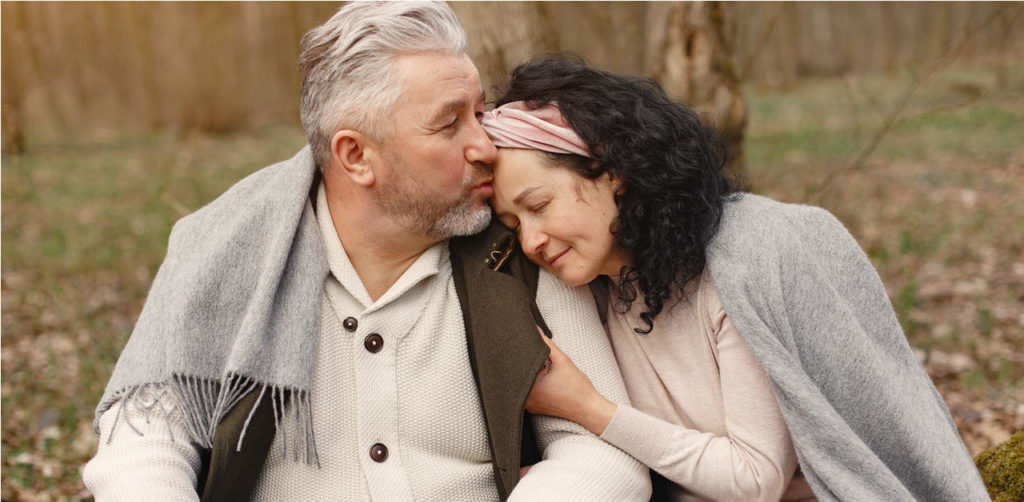MIND and Mediterranean diets linked to fewer signs of Alzheimer’s brain pathology
Published by: National Institute on Aging The MIND and Mediterranean diets — both of which are rich in vegetables, fruits, whole grains, olive oil, beans, and fish — are associated with fewer signs of Alzheimer’s disease in the brains of older adults. Green leafy vegetables in particular were associated with less Alzheimer’s brain pathology. This […]
MIND and Mediterranean diets linked to fewer signs of Alzheimer’s brain pathology Read More »







